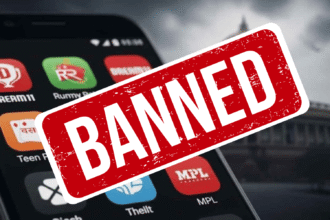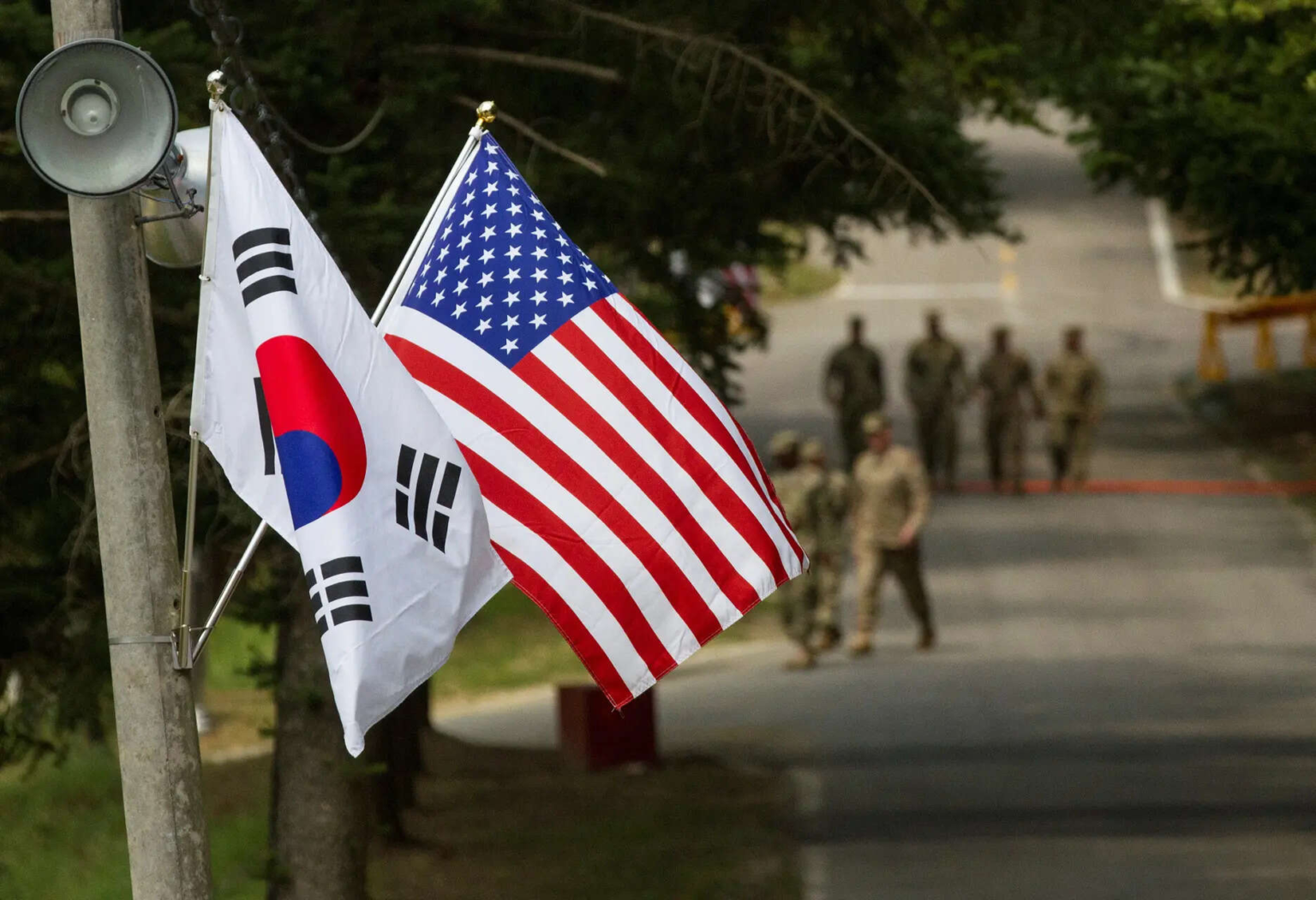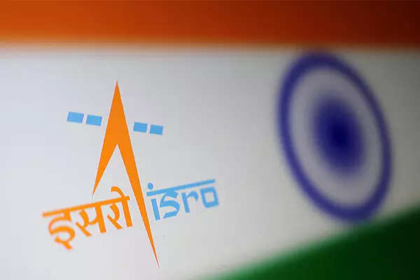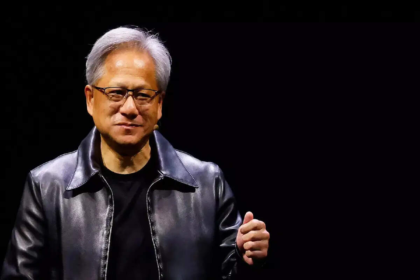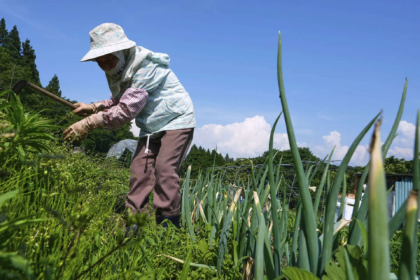Trade talks between South Korea and its second-biggest trading partner have so far focused mainly on non-tariff barriers, as the Asian country already imposes near-zero tariffs on U.S. imports under a free trade agreement, according to South Korean officials.
Here is a list of some of the issues that have arisen around negotiations:
Digital services
South Korea’s trade minister, Yeo Han-koo, has said the digital sector is one of the most important areas during the ongoing tariff negotiations.
The government has a number of legislative proposals to regulate giant tech companies at home and abroad, which President Lee Jae Myung has pledged to enact to tackle abuses of market dominance and protect smaller companies.
In a letter dated July 1, U.S. Congressman Adrian Smith and 42 colleagues wrote to U.S. trade negotiators that the legislation, which they said mirrors the European Union’s “discriminatory Digital Markets Act,” would disproportionately target American companies while exempting major Chinese digital giants such as ByteDance, Alibaba and Temu.
South Korea’s ruling party is seeking to “slow down” antitrust legislation on tech giants, including U.S.-based Google, Apple, Facebook and Korea’s Naver and Kakao, in light of trade issues and its sensitivity, Democratic Party lawmaker Kim Nam-geun told Reuters on Monday.
Netflix, Google Maps
South Korea’s requirements on content providers, such as Netflix, to pay network usage fees and restrictions on the export of location-based data by Google and other suppliers were also mentioned in the U.S. foreign trade barriers report released in March.
In 2016, South Korea rejected Google’s request for permission to use detailed mapping data in servers outside the country, citing security issues with North Korea. Seoul is set to rule on Google’s fresh request on location-based data on August 11. Apple has also reportedly made a similar request on maps.
Beef, Apples
Washington is demanding better access to the agriculture, auto and digital sectors during ongoing negotiations, South Korea’s trade minister said.
South Korea, the world’s biggest buyer of U.S. beef, restricts imports derived from animals older than 30 months, citing concerns over mad cow disease. The U.S. also has long made market access requests for other agricultural items, such as potatoes and apples.
There is, however, domestic concern about opening up the market further, after earlier negotiations where Seoul agreed to lower beef tariffs to 0% by 2026 in a bilateral free trade pact in 2007.
The trade ministry will emphasise the sensitivity of the agricultural sector at the negotiations, director Chang Sung-gil said at a public hearing on June 30, where farmers’ groups attended to protest.
South Korea’s tariff of more than 500% on rice imports, which was highlighted by U.S. President Donald Trump in a speech, has not been raised during working-level discussions, according to a senior South Korean official.
Defence costs, foreign exchange
The issues of foreign exchange policy and cost sharing for some 28,500 U.S. troops in South Korea are being discussed via separate finance and defence channels, officials have said.
Investments
Trade officials have emphasised that industrial cooperation, particularly in the shipbuilding industry, will contribute to the revitalisation of the U.S. manufacturing sector and decrease U.S. trade deficits. Trade Minister Yeo said South Korea plays a leading role in artificial intelligence, chips, batteries, cars and semiconductors.
Alaska LNG project
While South Korea is considering more energy purchases, officials have expressed caution when it comes to participation in an Alaska gas project.
Although South Korea has shown interest in the $44 billion LNG project in Alaska, the trade minister said the feasibility of the project was still not clear and the U.S. would only provide technical information later in the year.


